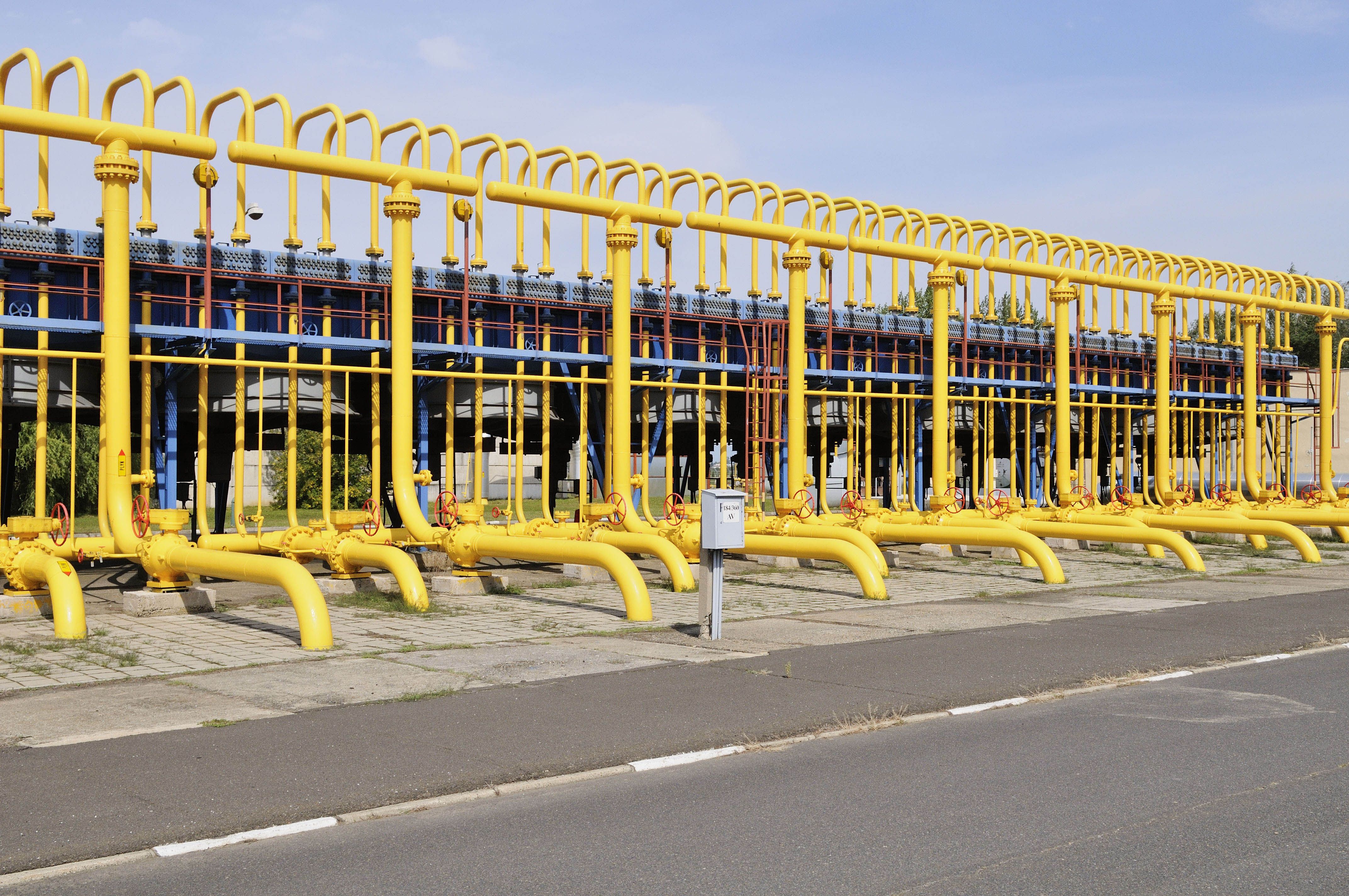BRATISLAVA, August 2, (WEBNOVINY) – The state budget deficit decreased slightly last month. It was EUR 2.408 billion as of July 30, which meant a month-on-month drop of EUR 31.4 million, according to the data published by the Finance Ministry. In year-to-year comparison, however, the gap was almost EUR 1.5 billion wider; the state budget deficit at the end of July last year was EUR 914.4 billion. The government planned for a deficit of EUR 3.746 billion for the entire year 2010.
Total state budget revenues reached EUR 6.035 billion after the first seven months of this year; which compared to the same period a year ago meant a slight increase of 4.1 percent and the fulfillment of the budgeted level to 48.2 percent. On the other hand, total expenditures grew significantly faster; they reached EUR 8.443 billion and were higher by 25.8 percent than in the first seven months of 2009. Budget expenditure was used up to 51.9 percent of the volume planned for 2010 at the end of July this year.
Tax revenues, which make up a significant portion of state budget revenues, turned to a y/y increase of 0.4 percent in July, after lagging in the previous months. Total tax revenues were EUR 4.518 billion, which meant the fulfillment of the budget for this year to 52.4 percent. The collection of the income tax paid by corporate entities fell behind significantly in comparison to the previous year. It slumped by 53.5 percent to EUR 636 million, which was only 35.7 percent of the budgeted level.
While the collection of excise taxes also declined by about 1.2 percent y/y to EUR 1.105 billion (55.4 percent of the budgeted level), the state revenue from VAT collection went up by about 33.5 percent y/y to EUR 2.612 billion and filled the yearly collection plan of the tax to 58 percent. The Finance department registered an increase of 2.6 percent y/y to EUR 104.2 million in the collection of withholding taxes, and the personal income tax collection, within which the fiscal decentralization ends up almost entirely in the budgets of the municipalities, was EUR 42.2 million.
By the end of July, non-tax revenue fell behind by 13.2 percent in comparison to the previous year. In seven months, they reached EUR 419.4 million which was the fulfillment of the budgeted plan to 66.9 percent. The grants and transfers grew by 34.5 percent to EUR 1.098 billion, which meant meeting the budgeted level to 33.4 percent. The revenues from the European Union formed EUR 829.4 million, which represented an increase of 67.9 percent opposite to the first seven months last year and the fulfillment of the budgeted level to 28.6 percent.
The state administration continues to show a significant increase in capital expenditure. Those were higher by 62.1 percent y/y at the level of EUR 1.102 billion, which was 45.4 percent from the budget for the entire year. Current expenditure also grew significantly; they were higher by 21.7 percent y/y at the level of EUR 7.341 billion. The annual current expenditure budget has used up 53 percent so far.
The 2010 budget counts on revenues of EUR 12.531 billion and expenditures of EUR 16.277 billion. The state budget deficit should thus reach EUR 3.746 billion. The gap in 2009 represented EUR 2.791 billion.
The outgoing government initially declared the intention to consolidate the general government finances, including the state budget, already in 2010. According to the plan, the deficit was supposed to go down from last year’s 6.8 percent of the GDP to 5.5 percent of the GDP in 2010. Outgoing Finance Minister Jan Pociatek, however, informed that the deficit will likely approach seven percent of the GDP this year. However, shortly after the new Minister Ivan Miklos took the office, the International Monetary Fund came up with this year’s estimated deficit at the level of 8 percent. The new minister already announced his ambitious fiscal consolidation plan for next year, representing 2.5 percent of the gross domestic product. A better part of the plan should go towards the costs of the general government expenditures. By the end of August, the minister should also present the saving measures for 2010.
SITA

